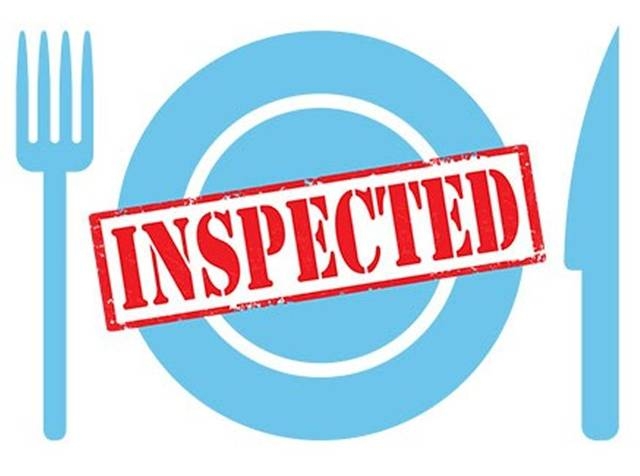The Georgia Department of Education released the 2019 College and Career Ready Performance Index (CCRPI) scores last week and the scores are down slightly from 2018.
As part of Georgia’s state plan for the Every Student Succeeds Act (ESSA) – the replacement for No Child Left Behind – the state made changes to the CCRPI calculation. The 2018 CCRPI was the first to use the new calculation. Comparisons between the 2018 and 2019 CCRPI are valid; comparisons to prior years are not.
Statewide, the scores show an increase at the high school level, and decreases in elementary and middle school.
CCRPI Overall Scores – 2019 vs. 2018
| State | 2019 | 2018 |
| Elementary Schools | 77.1 | 77.8 |
| Middle Schools | 72.1 | 76.2 |
| High Schools | 77.0 | 75.3 |
| All Schools | 75.9 | 76.6 |
CCRPI scores are based on five separate components – Content Mastery, Progress, Closing Gaps, Readiness and, for high schools, Graduation Rate. While the state averages for Content Mastery, Readiness, and Graduation Rate increased for elementary, middle, and high school, there were slight decreases in Progress scores, and larger decreases in the Closing Gaps component – which requires schools to meet elevated achievement targets for all subgroups.
Governor Kemp and Superintendent Woods’ Remarks – Refinements Needed to CCRPI
Together, Governor Brian P. Kemp and State School Superintendent Richard Woods acknowledged that work still needs to be done to support students and improve student achievement, while expressing a need to refine the CCRPI measurement to ensure it is a fair and stable measure that accurately captures school performance.
“I am a strong supporter of holding schools accountable for increased student achievement, but in a year when we’ve seen nearly across-the-board increases in national test scores and graduation rates as well as Georgia Milestones scores, seeing the CCRPI show a decrease instead raises concerns about the measurement used to determine school and district achievement,” Governor Kemp said. “I believe that we need to engage in a thoughtful process to create an accountability system that paints a true picture of what’s happening in a school. With unprecedented alignment between my office, the Governor’s Office of Student Achievement, and the Department of Education, I’m confident that we’re finally in the right position to make long-needed refinements to this measurement.”
Superintendent Woods emphasized his commitment to work with state and federal partners to reduce the weight of standardized test scores in the CCRPI and move toward a wider and deeper measurement of performance that reflects the true mission of K-12 public schools: preparing students for life.
“As we aim to lessen the number of high-stakes tests our students take, we need the weight of testing in CCRPI to reflect the same priorities,” Superintendent Woods said. “Georgia’s parents, taxpayers, students, and educators deserve a fair measurement of performance that lifts up, rather than labels, our public schools. Working with Governor Kemp and the Governor’s Office of Student Achievement, the time is right to make that shift.”
“Georgia’s public education system continues to receive both national and state-level recognition for its K-12 performance,” said Dr. Curtis Jones, the current National Superintendent of the Year and Superintendent of the Bibb County School District. “Now the State School Superintendent and the Governor’s Office are working hand-in-hand alongside local districts, which finally affords us the opportunity to develop a measurement that fully captures the success we’re seeing across multiple metrics.”


Chattooga Local News
AdventHealth Redmond to Offer $30 Mammograms in May

Chattooga Local Government
Probate Judge Gary Woods Issues Reminder on Polling Place Laws

Chattooga Public Safety
Most Recent Chattooga County Food Service Inspections

Chattooga Local Government
INSIDER: Candidates for Chattooga County Sole Commissioner

Bulloch Public Safety
GDOT: Traffic Impacts for the I-16 at I-95 Improvement Projects Through April 27

Bulloch Public Safety
03/25/2024 Booking Report for Bulloch County

Bulloch Public Safety
04/09/2024 Booking Report for Bulloch County

Bulloch Public Safety
04/01/2024 Booking Report for Bulloch County

Bulloch Public Safety
04/08/2024 Booking Report for Bulloch County

Bulloch Public Safety
04/15/2024 Booking Report for Bulloch County



